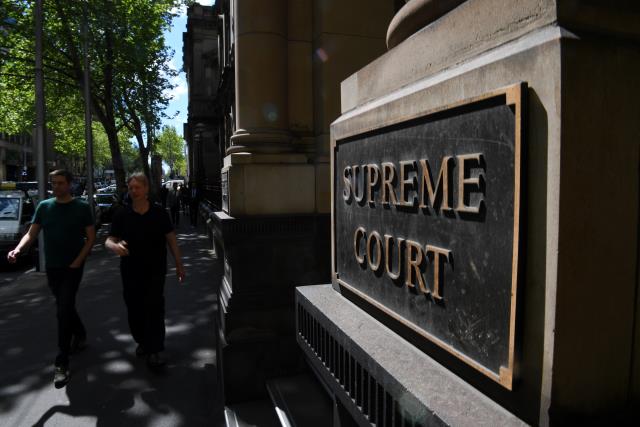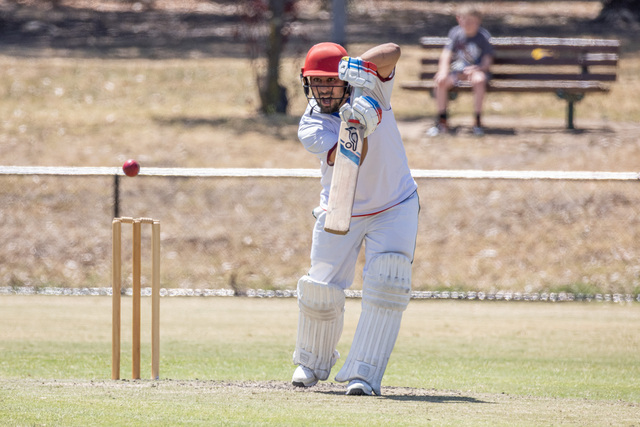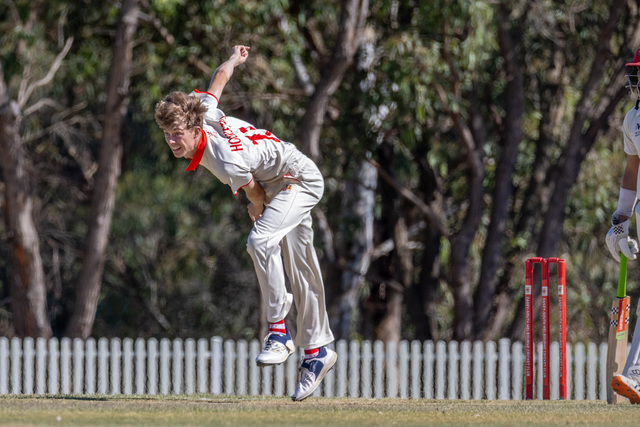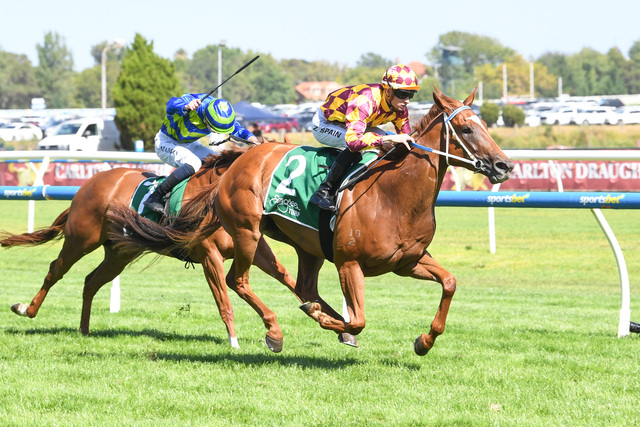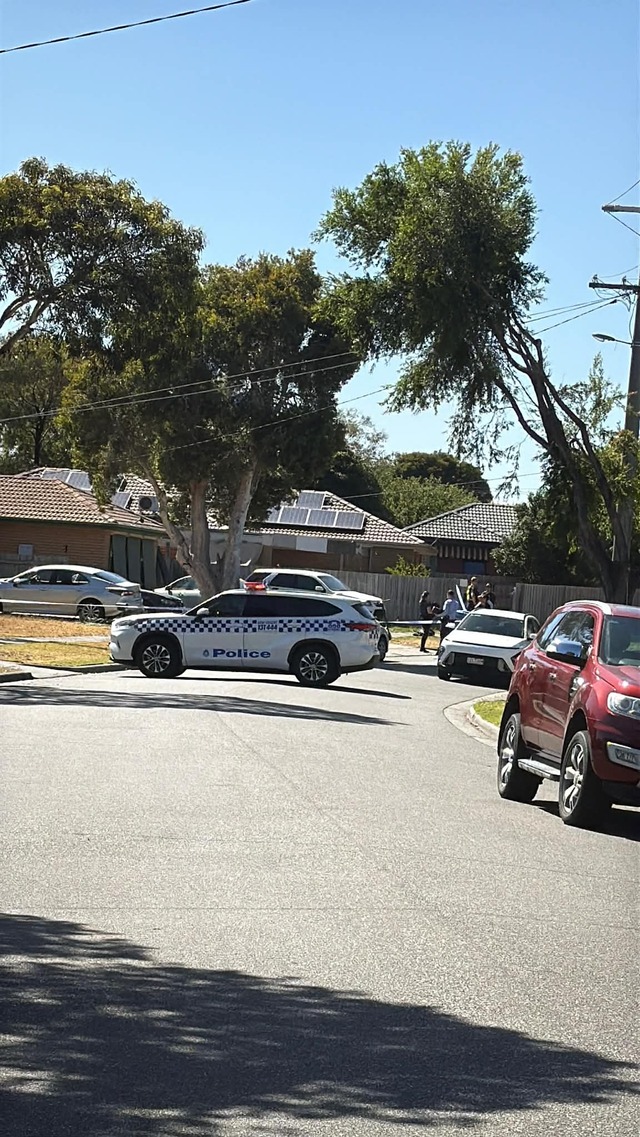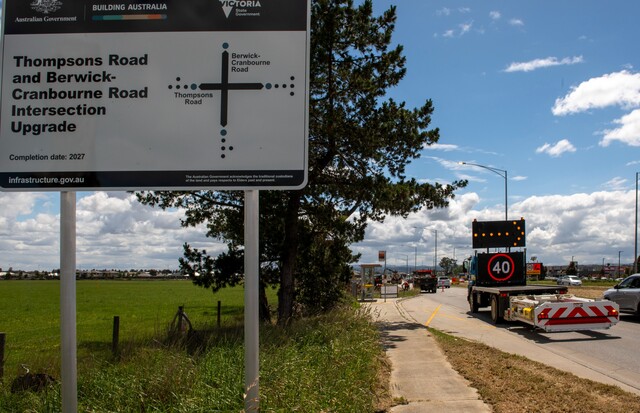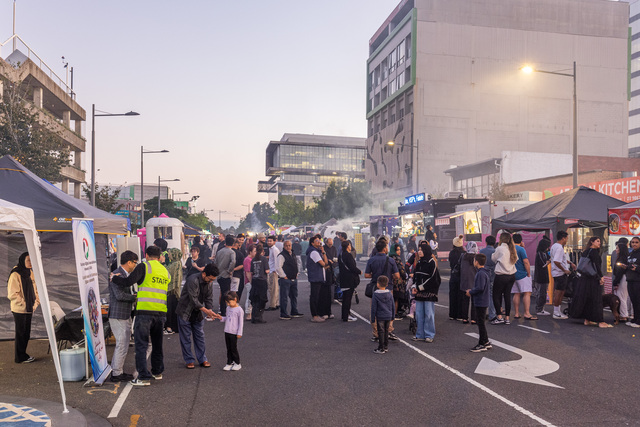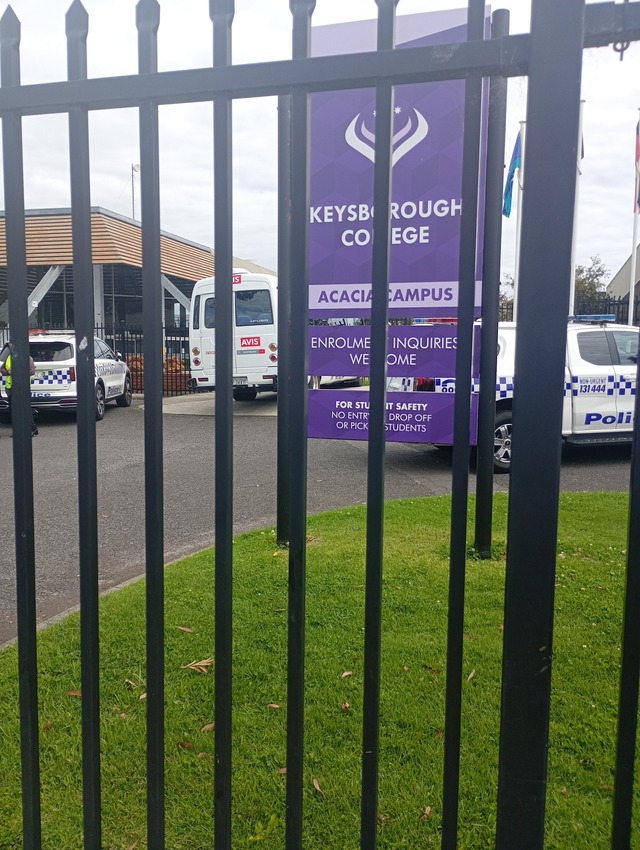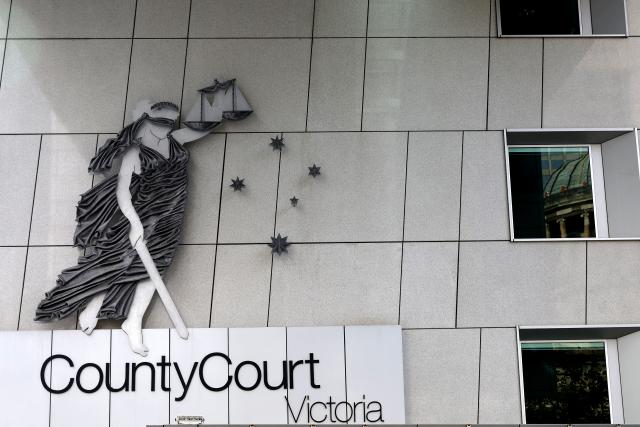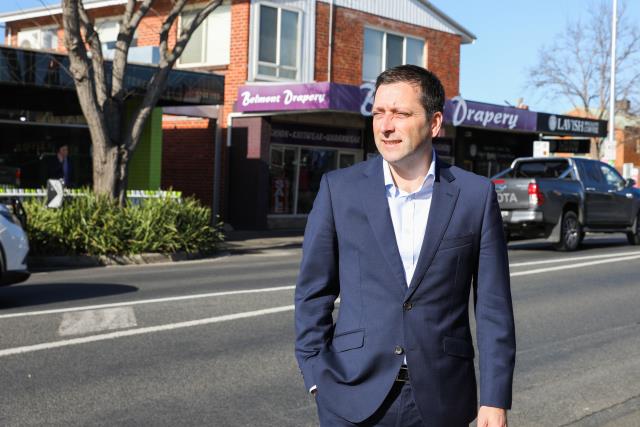In a long-awaited Supreme Court trial, Dandenong South commercial kitchen I Cook Foods has claimed that it was closed down with “reckless indifference”.
ICF is suing the Department of Health and Human Services for alleged misfeasance in the shutdown and destruction of its family business in early 2019.
Then-Acting Chief Health Officer Brett Sutton ordered the closure as part of an investigation into the death of an 86-year-old listeria-infected patient at Knox Private Hospital.
On 2 August, ICF’s barrister Marcus Clarke KC told the court that Dr Sutton acted with “reckless indifference” to whether ICF’s food was “unsafe” or “unsuitable” as well as to the likely harm to the business.
Dr Sutton should not have acted until there were more detailed lab test results on ICF food samples, Mr Clarke argued.
Instead “they’ve jumped before getting the report”, Mr Clarke said.
At the time, Dr Sutton knew there were six food samples with listeria mono (LM) collected from the ICF kitchen, and that ICF supplied sandwiches to Knox Private, Mr Clarke said.
The pending lab results were whether the LM concentration levels were ‘safe’ at ICF and if the LM was a genomic match with the listeria found in the patient.
Mr Clarke told the court that listeria is “ubiquitous” in the environment.
“It’s absolutely imperative to get enumeration before deciding it’s safe or unsafe”.
According to Australian New Zealand Food Standards, the safe LM level in ready-to-eat foods is less than 100 colony-forming units per gram (cfu/g).
The official lab results for ICF ingredients proved to be less than 10 – well within the safe range, Mr Clarke said.
There were no positive LM samples on ICF’s kitchen surfaces and environment.
Before the closure, DHHS emails advised Dr Sutton to wait for LM genomic matching and enumeration results, Mr Clarke said.
DHHS barrister Christopher Caleo KC told the court that any detected level of listeria was sufficient for Dr Sutton to be satisfied the food was unsafe.
“(LM) enumeration was not a threshold factor at all in his decision-making.”
It was also not a case of randomly sampling a kitchen but “working backwards” from a case with “invasive listeriosis”, Mr Caleo said.
Dr Sutton’s decision was also based on other information such as the patient’s food history, the “deficient” condition of ICF’s premises and food safety practices and the vulnerability of patients, nursing home residents and Meals on Wheels clients who ate ICF meals, according to DHHS.
Two days before the closure order, Greater Dandenong Council issued two food safety orders against ICF claiming it was in unsanitary condition and a state of disrepair.
Dr Sutton knew of the council having “concerns” about the premises, Mr Caleo said.
The presiding judge Justice Michael McDonald said the LM enumeration issue was “critical” in his mind, raising the need for more expert evidence.
“It’s a matter of surprise to me unfortunately and I’m the one person in the room that you don’t want to be surprising.”
In a press conference transcript presented to the court, Dr Sutton said on 22 February 2019 that the ICF kitchen samples hadn’t been linked directly to the patient and was still under investigation.
“I have acted out of abundance of precaution in closing it.
“Potentially thousands of people have been exposed but we don’t know the level of listeria contamination that have occurred.
“If it’s below a certain threshold then people don’t become unwell but above a certain threshold and for those who are at-risk it can cause this serious invasive disease septicaemia and meningitis.
“We haven’t seen other cases. We know that there is this one death and I didn’t want to see any more and that’s why I have taken the action overnight.”
On the day Dr Sutton ordered the closure, a DHHS officer wrote to Dr Sutton that the patient ate sandwiches from a “commercial manufacturer” at Knox Private as well as a wide range of high-risk foods before being admitted to hospital.
No positive samples were found at other sites but “the possibility that the listeriosis was acquired while at home has not been dismissed”.
ICF’s lawyer Mr Clarke said a doctor raised the possibility the patient had contracted listeria before being admitted with gastro-like symptoms to Knox Private on 13 January.
He also noted that ICF had been supplying 5000 sandwiches a week at the time – including 3500 a week to Knox Private – without another reported listeria case.
The trial resumes on Wednesday 9 August.

